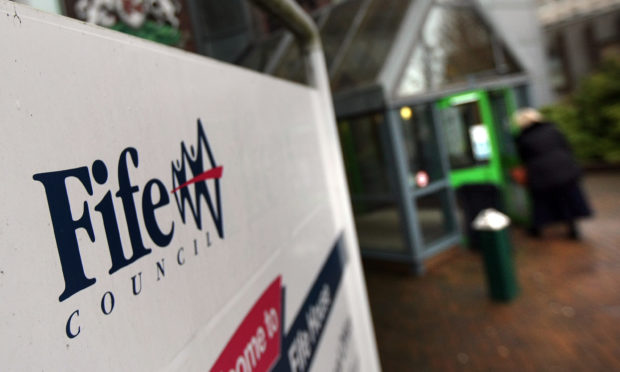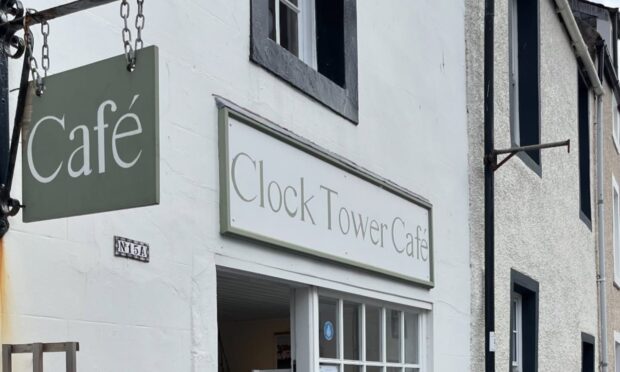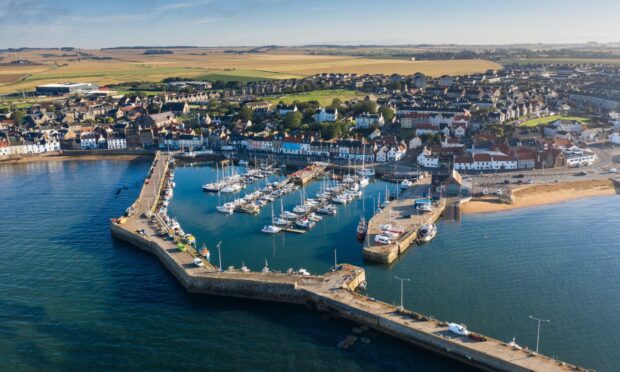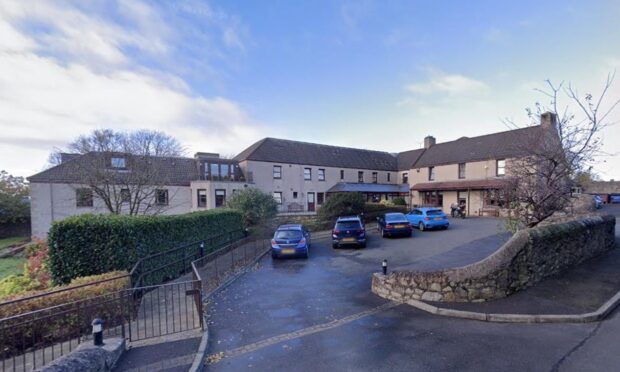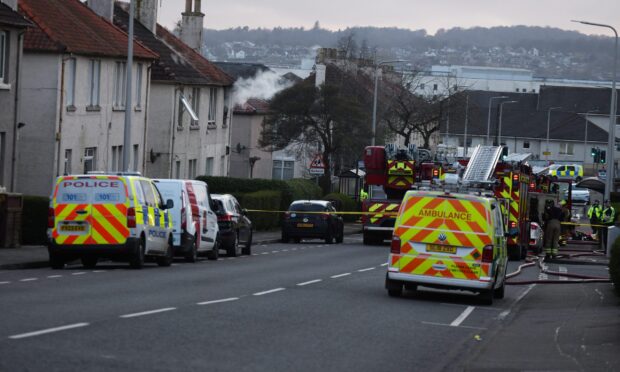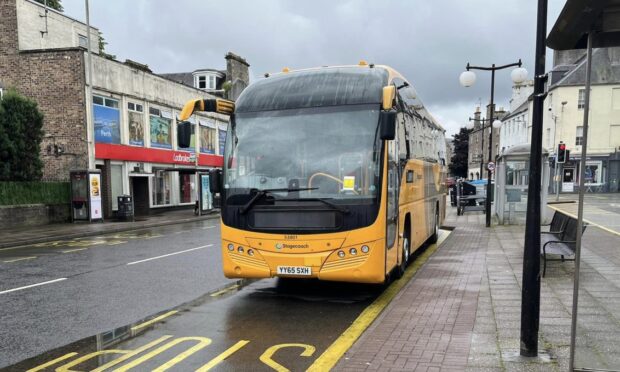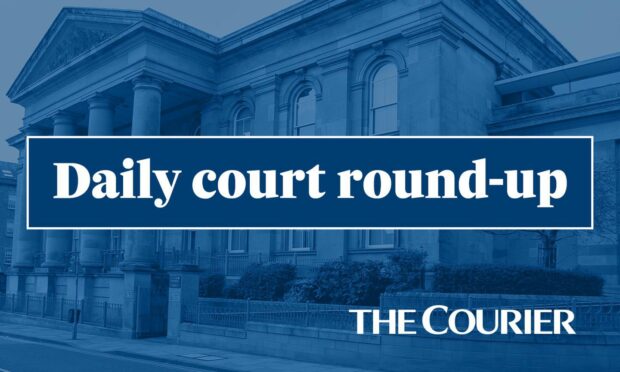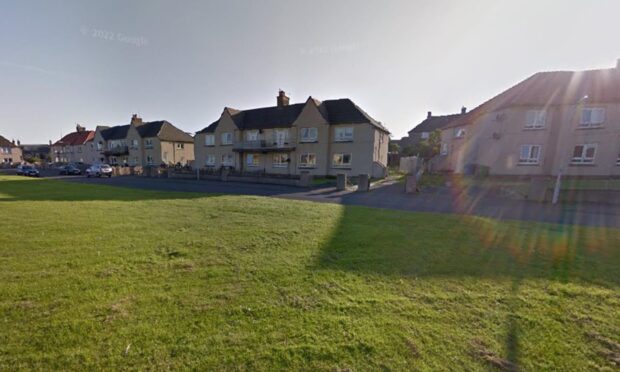Fifers will see their council tax bills rise by 4.84% in April after the local authority’s spending plans for the coming year were rubber-stamped.
Councillors voted to hike the levy this year by the full level available to them in order to avoid a further £3 million in cuts to services as part of its budget package for 2020/21.
Faced with bridging a budget gap of more than £15.4 million, the joint SNP/Labour administration not only agreed the council tax rise – which will net £7.9 million and see average bills go up by around £60 – but also approved £5.9 million worth of savings across a range of services.
Education and children’s services will bear the brunt, with over £3.5 million in cuts proposed there, but a further £9 million in savings put forward by officers were rejected.
Proposals for cuts to school transport, subsidised transport, demand responsive transport and the concessionary rail scheme have been rejected this year, while a plan to cut £1.7 million more from the parks, streets and open spaces budget has also been thrown out.
A £1.7 million grant reduction for Fife’s health and social care partnership has been approved to help balance the books.
However the council has pledged to ensure that Fife’s share of an additional £100 million announced by the Scottish Government for health and social care will be allocated in full – all adding up to a net increase of nearly £5 million in the coming year.
In a joint statement, council co-leaders David Ross and David Alexander said: “The two political groups forming the council’s joint administration have very different views on the approach taken by the Scottish Government and the adequacy and fairness of the funding settlement for local government.
“However, we are both agreed that the proposals set out in this budget are the best way of protecting our valuable local services in Fife in what are very difficult and challenging financial times.”
Exactly what the £3.5 million in cuts for education means in practice remains to be seen, but almost half of that figure will come through a review of devolved school management which will include a review of the secondary school week.
That could well see more schools across Fife cutting classroom hours and moving to a four-and-a-half day week.
Around £700,000 will also be saved through a review of early years officer posts and £85,000 will be recouped through a review of attendance officer posts.
A reorganisation of parks, streets and open spaces services, together with a more “robust approach” to charging for work done on land which isn’t owned by the council, is expected to save £500,000 without a significant impact on frontline services.
No additional cuts in funding to the council’s four arms-length trusts – Fife Sports and Leisure Trust, Fife Cultural Trust, Fife Coast and Countryside Trust and Fife Golf Trust – will be made this year, while just over £100,000 in new investment has been targeted at two areas.
The first will see cash made available for a 50% cut in charges for music tuition for second and subsequent children in a family, while a further £75,000 has been earmarked to cover a shortfall in funding for Developing the Young Workforce.
Ring-fenced resources amounting to £47 million will mainly be focused on early years and childcare, but there is also cash for criminal justice social work, the Pupil Equity Fund and Gaelic in schools as per the Scottish Government’s guidance.
Meanwhile, council rents and charges will go up by 3%, the lowest of three options tabled, which means the average weekly rent will rise by £2.20 to £75.45.
Charges for lock-ups will be frozen for another year, while a rental increase of 3% on homeless temporary accommodation will be imposed to keep it in line with other rents and charges.
